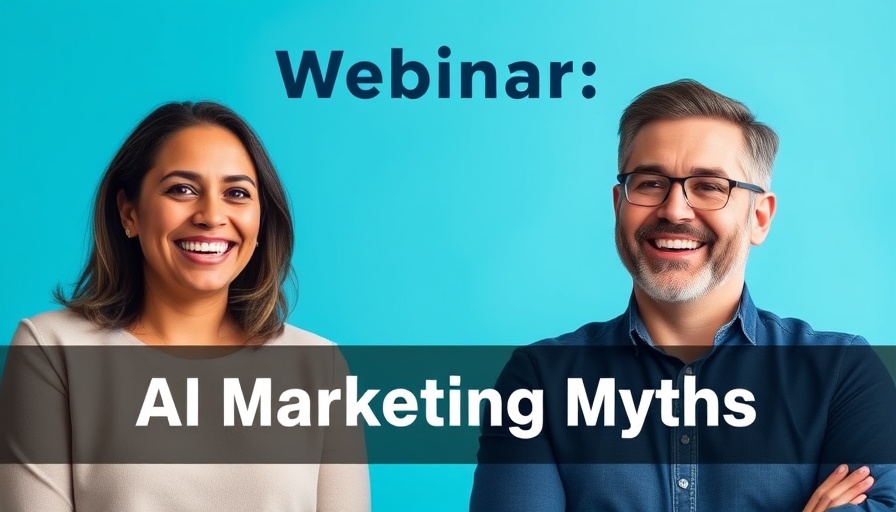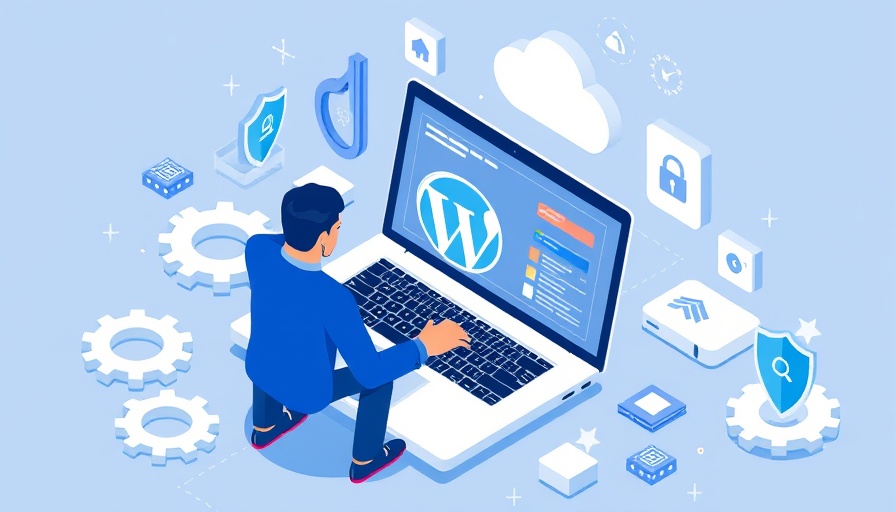
AI and SEO: An Ongoing Partnership Rather Than Replacement
In recent discussions surrounding search engine optimization (SEO) and artificial intelligence (AI), Google’s John Mueller emphasized the continued relevance of SEO amidst rising AI technologies. During an engaging conversation with colleague Martin Splitt, Mueller affirmed that while AI is transforming how we access information, it will not eliminate the need for SEO experts. Their discussion explores this intersection, examining why well-optimized websites remain vital even as AI advances.
The Vital Role of SEO in the Digital Landscape
Mueller highlighted that businesses, especially local ones, tremendously benefit from having a robust online presence. While AI tools such as chatbots can provide immediate answers to user queries, they often rely on the information found on websites. This illustrates the need for businesses to maintain well-designed webpages to secure visibility not just on search engines but also through AI-driven platforms. In essence, the reliability of information that AI offers is directly tied to the quality and quantity of content available on the web.
Why SEO Knowledge is Still Important
When asked about the potential for AI to render SEO knowledge obsolete, Mueller firmly rejected this idea. "Absolutely, there’s value in learning these things," he stated, underlining that the foundation of businesses lies in their websites. This perspective resonates particularly for e-commerce sites and service-oriented businesses that rely on customers finding them online. In a world increasingly dominated by AI, it’s critical to understand how SEO functions. Building a cohesive strategy and optimizing a website are skills that AI, at least for now, cannot replicate.
Real-World Applications of SEO Practices
Understanding SEO provides businesses with numerous practical advantages. For example, local cafes can optimize their pages to feature keywords related to their cuisine, hours, and services. This practice increases their chances of appearing in local searches or being highlighted by AI chatbots when users seek dining options. Moreover, good SEO practices engage users by providing them not only with necessary information but also enhancing their overall experience on the site.
Counterarguments: Is AI Diminishing SEO’s Role?
Despite Mueller’s optimistic take on the relationship between AI and SEO, some critics argue that as AI technologies evolve, they may minimize the importance of traditional SEO practices. With capabilities for content generation and user interaction improving, it's plausible that smaller businesses might overlook comprehensive SEO strategies in favor of AI tools. However, this raises a fundamental question: Can AI truly replace the human touch in understanding consumer behavior and preferences? Current trends suggest that while AI can assist, it cannot fully replicate intuition and deep market understanding.
The Future of SEO in an AI World
What does this all mean for the future? As both AI technologies and SEO strategies evolve, a synergistic relationship is likely to become a standard in digital marketing. Businesses will need SEO experts who not only understand traditional optimization techniques but can also adapt to new tools and insights provided by AI. Keeping ahead of Google’s algorithm updates and learning effective link-building techniques will continue to be relevant in optimizing a website’s visibility.
In conclusion, the assertion that AI will replace the need for SEO is misguided. As demonstrated by Mueller, the fundamental principles of creating a valuable online presence through effective SEO remain essential. With a blend of human creativity and AI’s efficiency, businesses can navigate the complexities of the digital landscape, making SEO skills more valuable than ever.
 Add Row
Add Row  Add
Add 




Write A Comment